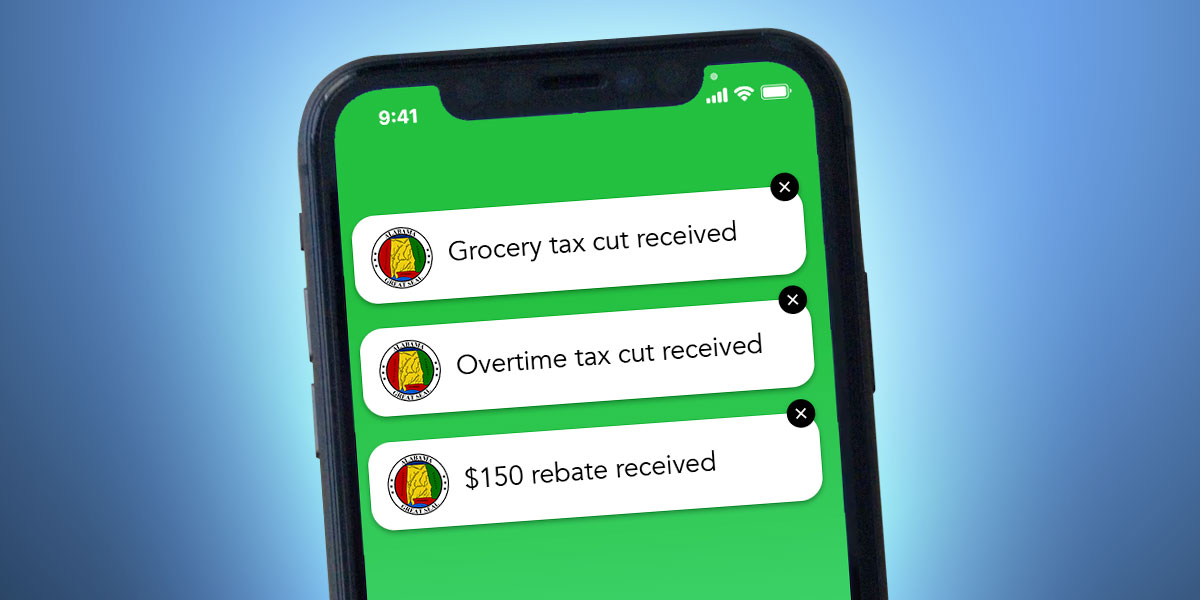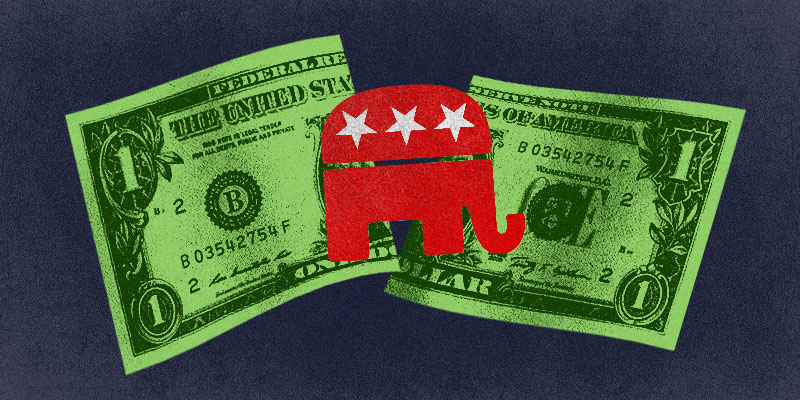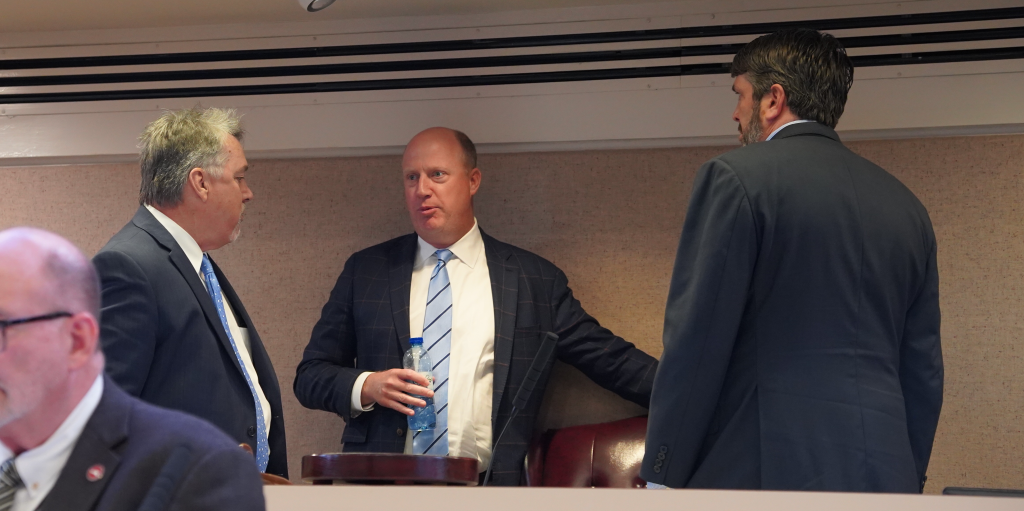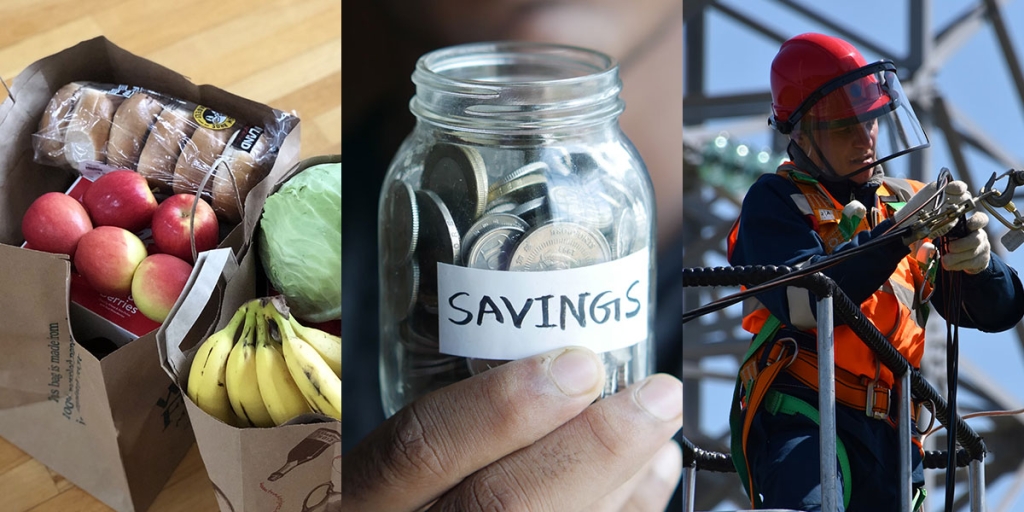It was the session for Alabama taxpayers.
And the Legislature and Gov. Kay Ivey made it a great one – especially if you buy food, work overtime or filed a tax return in 2021.
Among the 883 bills introduced over the 2023 legislative session, lawmakers delivered a historic combination of tax cuts and relief thanks in large measure to a $3 billion surplus across both state budgets.
Included were direct rebates of $150 for individuals and $300 for couples who file jointly will go out as early as November; a 1% grocery tax cut goes into effect in September with another 1% cut potentially on the way; and, if you work more than 40 hours a week, starting in January, all income earned overtime will be taxed 5% less.
RELATED: Largest tax cut in Alabama history is passed
The surplus is a product of federal investment and “conservative budgeting practices that Republicans put in place after taking control of the legislature in 2010,” Lt. Gov. Will Ainsworth wrote in April. That’s the consensus of leaders who were in office during a time in recent history when the state was struggling financially.
Overtime tax cut
The latest tax cut authorized was a first-in-the-nation proposal from Rep. Anthony Daniels (D-Huntsville) to eliminate the 5% state tax on income earned while working overtime. On Tuesday, Ivey removed a restrictive annual cap that was added by Sen. Arthur Orr (R-Decatur) despite popular support from both chambers and parties.
“Eliminating the $25 million annual cap will make the bill easier to administer for employers and potentially put more money in the pockets of the overtime wage earners this bill seeks to benefit,” Ivey said.
Daniels, the House Minority Leader, was excited the tax cut will go into effect without an individual or overall limit.
“Allowing working Alabamians that want to work overtime and make it worth their while for them and their families is worth doing,” he said. “This is like a raise without the business having to give a raise – it’s the State of Alabama giving that raise to hardworking men and women in the state.”
RELATED: Overtime tax cut: ‘5% pay raise every hour’
Top officials in both chambers were proud of the innovative idea and their ability to get it done.
“I just want to recognize the senators that worked on this overtime legislation,” said Senate Pro Tem Greg Reed, (R-Jasper). “This is a great example of, as we have had multiple times in this chamber and in this Legislature this session, where you’ve got republicans, democrats, house members, senators, working together on complex topics for the benefit for the people of the state of Alabama.”
House Speaker Nathaniel Ledbetter (R-Rainsville) promoted Daniels’ bill during a critical juncture as the session drew to a close.
“When Leader Daniels brought this bill and asked me to co-sponsor, I don’t co sponsor many bills, but this was one of them,” Ledbetter said. “I felt strongly about it because I know the people that works every day that earn a living for their family, it’s a big deal.”
Grocery tax cut
Alabama is on track to cut its grocery tax, among the highest in the nation, in half by 2025. A long chapter in state political history to reduce or eliminate the sales tax on food came to a close this legislative session as a unanimous coalition of lawmakers signed onto Ainsworth’s idea for a gradual reduction using the SNAP definition of food.
“This has been something that has been talked about for decades,” Sen. Andrew Jones (R-Centre) told Yellowhammer News after Senate passage. “This is going to mean $200-$250, we think, for the average Alabamian per year to come off the grocery tax.”
RELATED: Survey: Most Alabamians want grocery tax ended
Jones sponsored the proposal in the Senate, while House Education Ways & Means Committee chairman Rep. Danny Garrett (R-Trussville) led it in the House, since proposals that impact state budgets have to originate in the House of Representatives.
“We have very low property taxes in Alabama, we’re the lowest in the country. We tend to have more taxes in the income and sales tax levels than we’re more exposed to as a percentage of our revenue,” Garrett said. “It’s been going on for 21 years, I think, this year. There was something the voters wanted, something that people wanted, and we heard that loud and clear. And I think it was nothing more than that. That’s what we’re here to.”
BOOM! We just passed the largest tax cut in Alabama history. Thank you to every member of the House and Senate who supported cutting the grocery tax. The real winners are Alabama’s taxpayers. pic.twitter.com/MRI9h9Nn2J
— Will Ainsworth (@willainsworthAL) June 1, 2023
The additional 1% reduction will occur as long as the state ETF maintains benchmark growth at 3.5% in the following years. Meaning, the cut will continue to pay dividends in line at the grocery store for years to come if revenue keeps pace at projected levels.
Ainsworth was the lead communicator for the idea this session.
“We just passed the largest tax cut in Alabama history,” he said. “Thank you to every member of the House and Senate who supported cutting the grocery tax.”
The 1% reduction will go into effect Sept. 1.
$150 rebates
All Alabamians who filed a 2021 tax return will be receiving a direct $150 rebate later this year. For couples who filed jointly, they’ll receive $300.
During her State of the State Address, Ivey proposed $400 for individuals and $800 for couples. The amount went through several changes before the Legislature came to an agreement in recent weeks.
RELATED: Ivey State of the State: ‘Alabama is thriving’
“And thanks to the work of the Alabama Legislature, we continue making these wise investments while paying down debts, adding to our savings and returning the working people of Alabama’s money back to them through tax rebates,” Ivey said after signing both state budgets last week.
When rebates begin rolling out as early as November, a House amendment streamlined the delivery process, making taxpayers who included a bank account on their 2021 tax return eligible for a direct deposit. Those who did not list an account will have checks mailed to their home address.
“This will cover 1.9 million tax filers in the state, so it’s a lot of people that will benefit from this,” Garrett said.
Today marks the end of one of the most successful legislative sessions in modern history. The Alabama House passed legislation that will lend a helping hand to Alabamians for generations to come, and we'll maintain this strong momentum for the rest of the quadrennium. #alpolitics pic.twitter.com/LRim1w6FDP
— Nathaniel Ledbetter (@RepLedbetter) June 6, 2023
On Tuesday, leadership reflected on “one of the most successful legislative sessions in modern history.”
Ledbetter cited the delivery of $1 billion in federal ARPA funds, record-setting tax cuts, and wise budget stewardship.
“At the same time, we paid off millions in debt, wisely saved dollars for when the economy worsens, equipped law enforcement to fight the war on fentanyl, toughened early release requirements for inmates, reformed the state’s adoption process for the first time in 30 years, continued to expand mental health services and passed dozens of other significant bills and measures,” he said.
And that’s a WRAP on the 2023 Regular Legislative Session. A great session with much collaboration with our colleagues across the aisle as well as in the House. #alpolitics pic.twitter.com/UzGRmg39dO
— Senator Greg Reed (@SenatorGregReed) June 6, 2023
“We have had a great legislative session,” Reed said Tuesday. “The credit all goes to you as the members of the Senate. We want to thank our House colleagues as well, thanks to Governor Ivey and her staff and for her support of things we’ve done during this legislative session. I also want to thank our families. Our families support us in what we do in service to others.”
“We’ve done important work for the people of the state of Alabama.”
Grayson Everett is a staff writer for Yellowhammer News. You can follow him on Twitter @Grayson270 for coverage of the 2023 legislative session.












